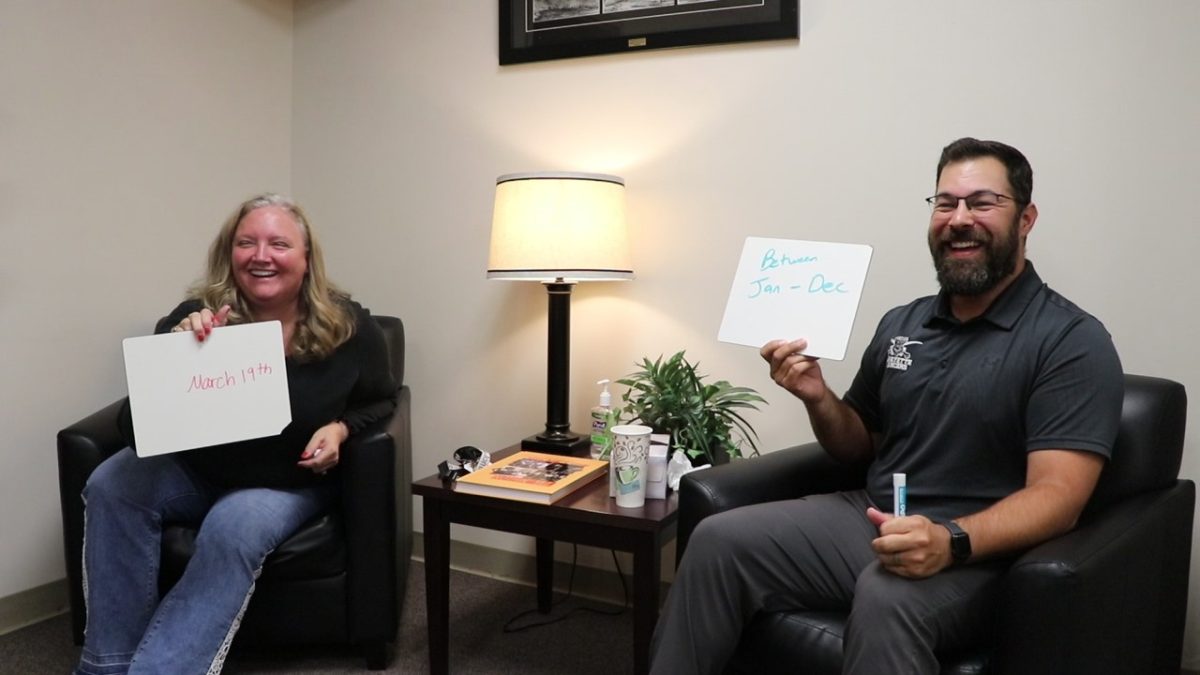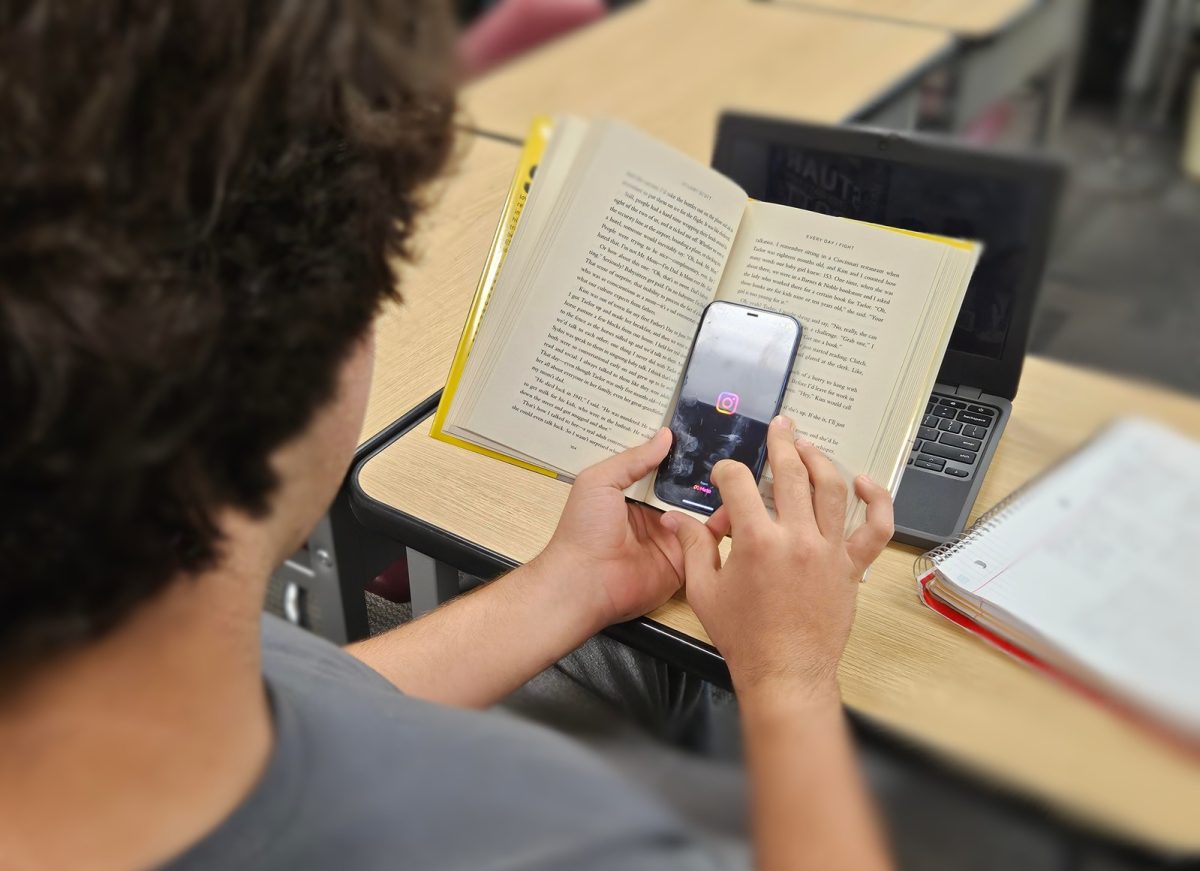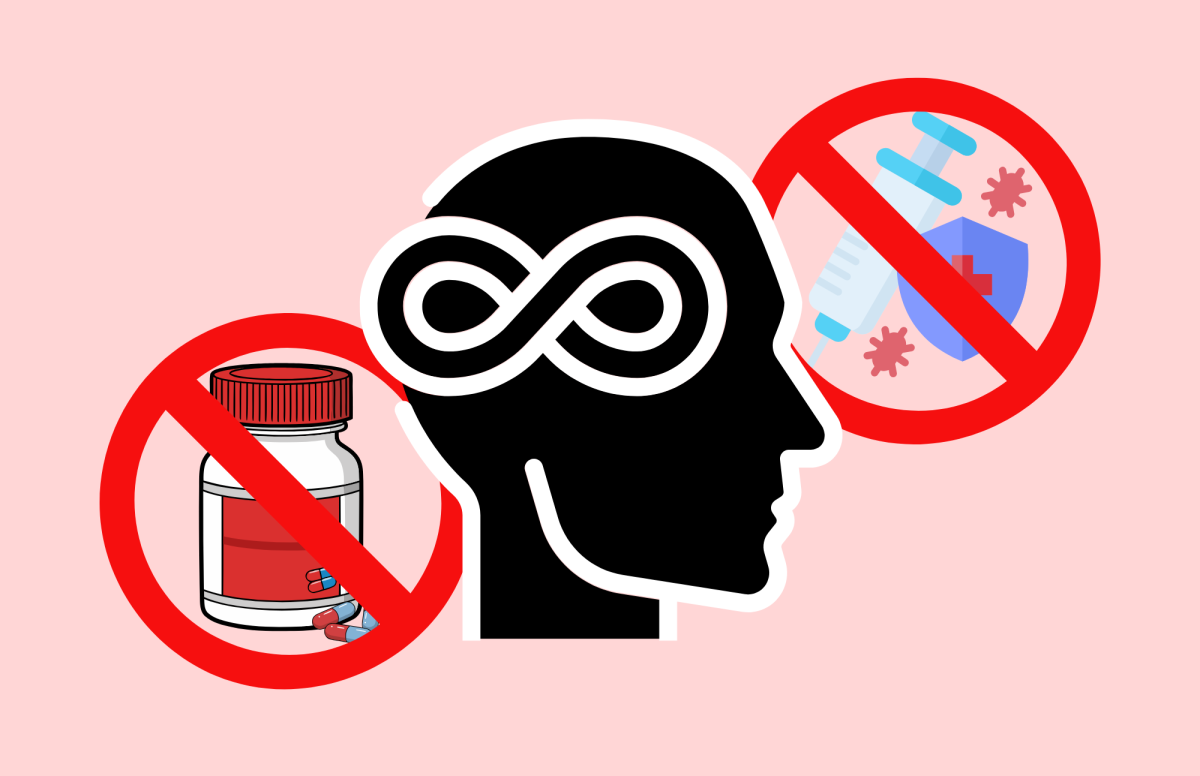Coming home from his job tutoring at Mathnasium, senior Krish Roy takes 30 minutes to rest before dedicating the next two hours studying for tests, completing homework and polishing his college application. He’s tired. He hasn’t gotten a proper amount of sleep in months now.
“I would say [I get] five to six hours of sleep a night,” Roy said.
It’s around midnight when Roy finally finishes his tasks for the night. Eating dinner and heading to bed, Roy spends around 30 minutes on his phone to wind down before turning off his lights. He will be waking up at 6 a.m. tomorrow as usual.
“I’m used to it, I don’t get as many headaches anymore,” Roy said.
Currently taking four AP classes, Roy says the biggest factor preventing him from a good night’s sleep is his workload.
“I have college applications I have to take care of, schoolwork, tests I have to study for,” he said.
According to the Nationwide Children’s Organization, a research institute and pediatric hospital, teenagers are notorious for not getting enough sleep for a number of reasons, including shifts in sleep schedules, school responsibilities and early school start times. It’s recommended by experts that adolescents between the ages of 13-18 should be getting 8-10 hours of sleep per night.
Based on a school survey here at Lafayette, over 65% of students (out of 407 students surveyed) claimed they get 6-8 hours of sleep on average and 21% receive less than 6 hours. 12% of students receive more than eight hours of sleep which is the recommended amount for adolescence. With most students getting a moderate amount, it can be inferred that the majority of students here are not meeting the recommended hours of sleep.

Students receiving less than 8-10 hours of sleep are susceptible to sleep deprivation, a condition characterized by insufficient sleep according to the Better Health Channel. The symptoms of sleep deprivation are simple: taking more naps in the day, feeling fatigued or tired, difficulty concentrating and mood changes.
Roman Malhotra, a professor of neurology and sleep medicine at Washington University St. Louis said it’s not uncommon for youth to have extracurricular activities that make it difficult to get at least 8 hours of sleep.
“The body’s internal clock, or circadian rhythm, has a more delayed rhythm during teenage years on average, so teenagers’ natural rhythms are to go to bed later and wake up later. Most high schools start times are too early, making high schoolers wake up well before their bodies’ natural wake up time,” Malhotra said.
The American Academy of Pediatrics and the American Academy of Sleep Medicine both recommend that high schools should start at 8:30 a.m. at the earliest.
“California and Florida even passed a state law demanding this as the scientific evidence is overwhelming,” Malhotra said.
Like other experts, Malhotra believes that consistent, high-quality sleep is what helps students perform their best at school.
“It is not that teenagers cannot function, but they function best when they get enough sleep,” he said.

Sleep isn’t just a “period of inactivity,” says a recent article from the California Learning Resource Network. Sleeping is a time where your brain sorts memories and strengthens neural connections. Lack of sufficient sleep doesn’t just make you “feel tired,” it negatively affects your working memory, decision making skills, and attention, hence why it is linked to poor academic performance.
“It is more difficult to learn things and remember things if you are sleep deprived,” Malhotra said. “Studies have shown that when children get more and better quality sleep, grades and behavior improves at school.
In fact, a notable study reported by the National Library of Medicine demonstrates the link between sleep and academic performance. The study monitored a sample size of 80 girls between the ages of 12-17 over five consecutive school nights to see how sleep affected their math test scores. The results showed that the girls who received less than 8-10 hours of sleep per night scored significantly lower on their math test (77.61) than girls that got the recommended amount (86.16). The study concludes that the amount of sleep during weekdays is associated with academic performance.
Hours of sleep also impact long-term health.
“Not getting enough sleep over time can put teens at risk for depression, weight gain, health problems like diabetes and high blood pressure, more car accidents and lower grades in school,” says Meet Parikh, a doctoral candidate in neuroscience at the University of Missouri.
For Parikh, sleep quality is a key factor to teens’ overall health.
Roy reported he has experienced such health-related issues.
“I remember one week, due to exhaustion, I threw up during the night and ended up passing out in school that day,” Roy said.
Incidents like these show the physical toll of insufficient sleep.
Yet, day by day, Roy continues to go by his late-night schedule of studying and work. Roy’s schedule reflects that of many students, balancing sports, clubs, homework, and studying. While many teens like him adjust to their schedule, research continues to emphasize that less sleep impacts youths’ health and cognitive performance.





































